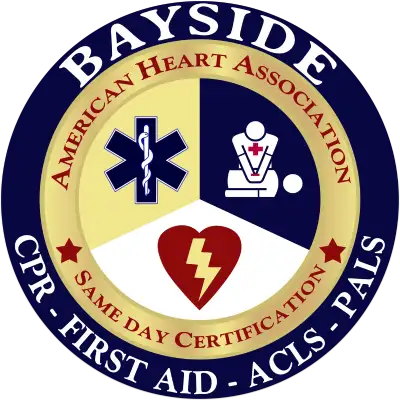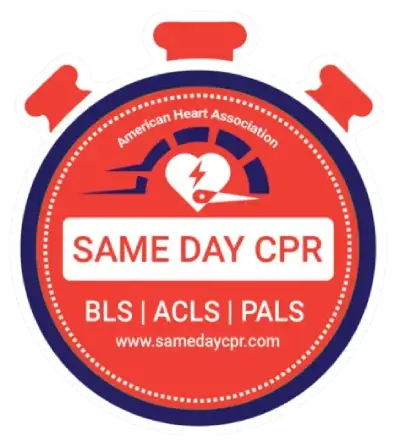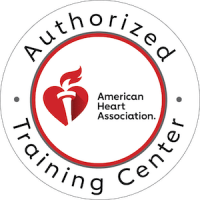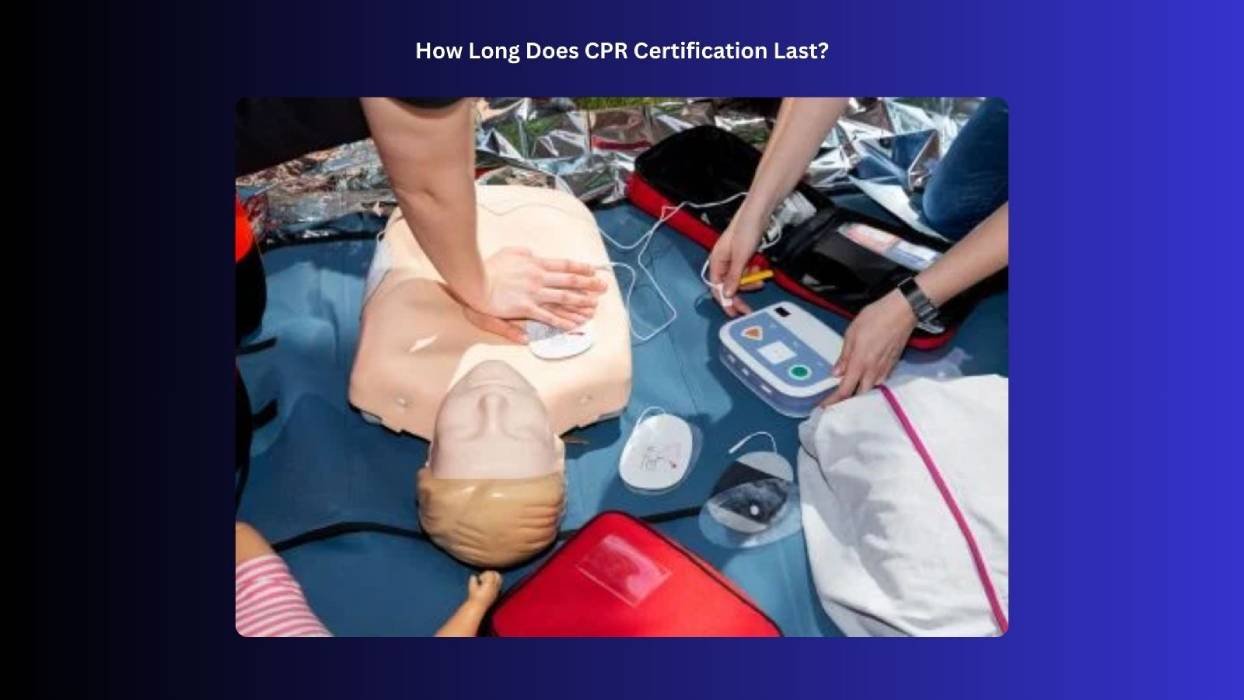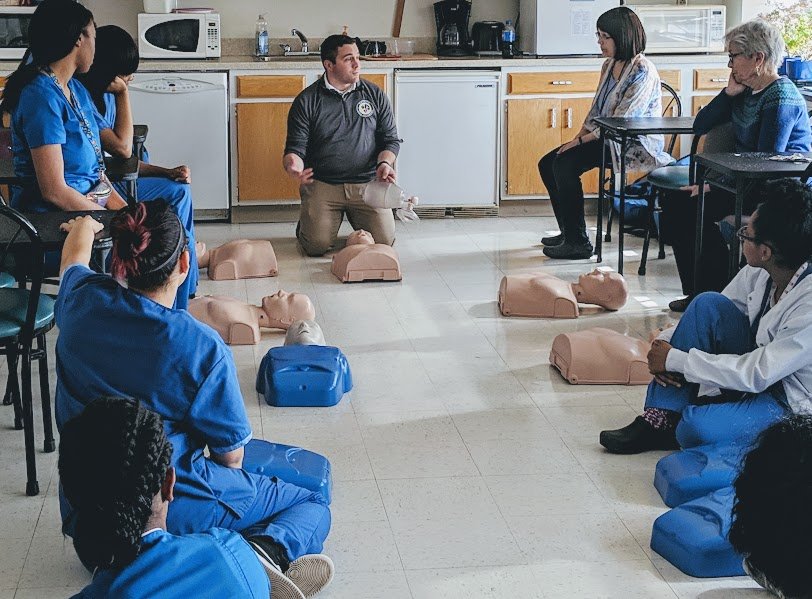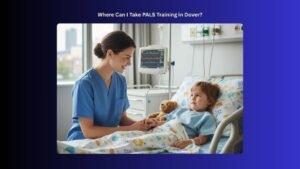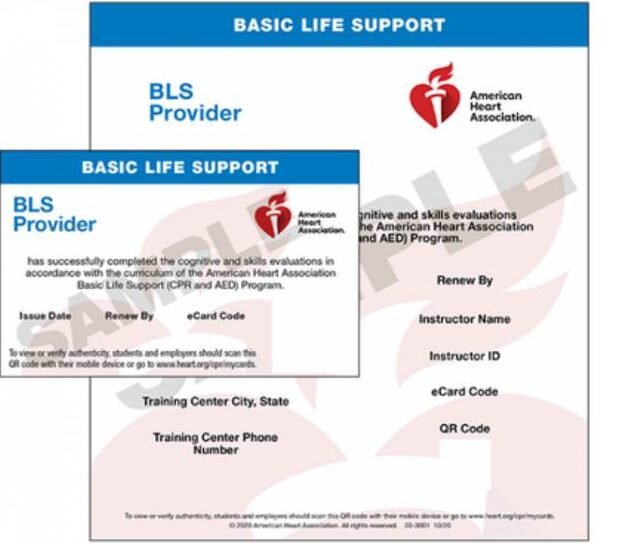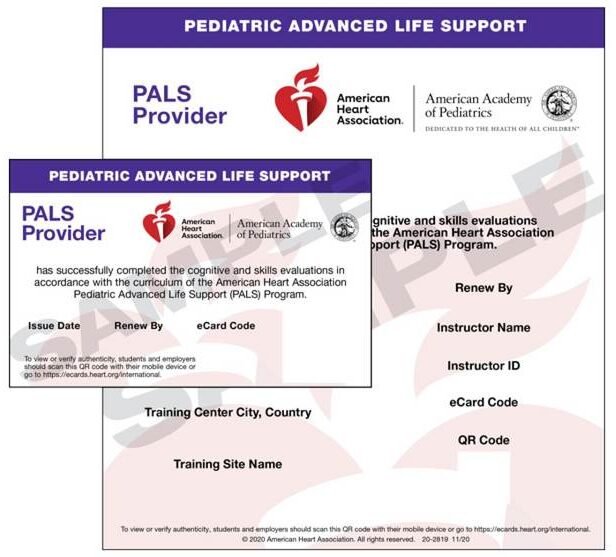CPR certification is an essential credential for healthcare professionals and others who may need to respond to medical emergencies. However, many people aren’t fully aware that CPR certification is not permanent as it expires and requires renewal. Understanding how long a CPR class takes, how long your certification lasts, why it expires, and what the renewal process involves is critical for maintaining readiness and compliance.
Why Does CPR Certification Expire?
CPR guidelines are regularly updated to reflect the latest research and clinical best practices. The American Heart Association (AHA), the American Red Cross, and other accredited organizations update their protocols every few years to ensure training reflects the most effective techniques for saving lives.
Because of these updates, CPR certification is typically valid for two years. This timeframe ensures that certified individuals maintain up-to-date knowledge and skills. Without regular renewal, the risk increases that a person’s CPR technique will become outdated, which can affect the quality of care during emergencies.
For healthcare professionals, staying current with certification is more than a regulatory requirement—it is a crucial component of patient safety.
Standard Validity Period of CPR Certification
Most CPR certifications, including Basic Life Support (BLS), Advanced Cardiovascular Life Support (ACLS), and Pediatric Advanced Life Support (PALS), are valid for two years from the date the certification is issued. This two-year validity applies regardless of whether the certification is obtained through the AHA, the Red Cross, or similar organizations.
The two-year expiration period is designed to prompt recertification and refresher training that reinforces skills and updates knowledge based on evolving standards.
What Happens When Your Certification Expires?
Allowing CPR certification to lapse can have significant consequences, especially in healthcare settings:
- You may be required to retake the entire initial certification course rather than a shorter renewal course.
- Many employers and licensing boards require current certification for clinical practice; expired credentials can lead to restrictions on patient care duties.
- Compliance with institutional or regulatory policies may be affected, potentially jeopardizing employment status.
It is therefore important to track certification expiration dates and renew in a timely manner.
The Renewal Process: What to Expect
Recertification courses refresh and strengthen the skills gained during initial training. They are typically shorter than initial courses, focusing on key competencies and guideline changes.
- Duration: Most renewal courses take between 1.5 and 3 hours, depending on the certification level.
- Format: Options include traditional in-person classes, blended learning (online theory combined with in-person skills assessments), or fully instructor-led sessions.
Blended learning has become increasingly popular due to its flexibility, allowing healthcare professionals to complete theoretical components at their convenience while still demonstrating practical skills in person.
Blended Learning: Balancing Flexibility with Skill Competency
Blended CPR courses combine online instruction with in-person practical skills evaluation. This approach reduces time spent in classroom settings while ensuring hands-on competency.
Despite the convenience, it is important to verify with employers and credentialing bodies that blended or partially online courses meet their requirements. Some institutions may require fully in-person training for certain certifications, especially at advanced levels.
Additional Considerations for Healthcare Professionals
Healthcare providers often face stricter training requirements than the general public:
- Many healthcare employers mandate annual CPR or BLS training to maintain clinical competencies, even though certifications formally last two years.
- Institutions may have policies requiring documentation of current certification to maintain licensure or hospital privileges.
- Ongoing training helps providers stay confident and competent in performing CPR during high-stress clinical situations.
Maintaining current certification supports both professional obligations and patient safety.
Why Regular Renewal Matters
While it may seem repetitive, regular CPR certification renewal is critical to:
- Reinforce muscle memory and psychomotor skills essential for effective CPR delivery.
- Ensure familiarity with any new protocols or equipment updates.
- Boost confidence to act promptly and correctly in emergency situations.
Healthcare professionals who consistently renew their certification report feeling more prepared and capable when emergencies arise.
Conclusion
In short, CPR certification is a vital qualification that requires ongoing maintenance, especially for healthcare professionals who must keep CPR, BLS, and ACLS certifications current to meet regulatory standards and deliver high-quality care. Although renewing certification every two years may seem like an administrative task, it ensures your knowledge and skills stay sharp and aligned with the latest lifesaving guidelines, allowing you to respond confidently and effectively in emergencies and ultimately protect the lives of those you serve.
Prepare yourself by signing up for a CPR class today. Bayside CPR provides streamlined, flexible lifesaving training designed to fit busy schedules. The course combines a short online module with a 30-minute, hands-on skills session at over 60 convenient locations. Earn your AHA Standard certification in ACLS, BLS, PALS, CPR, or First Aid and receive your certification card immediately.
